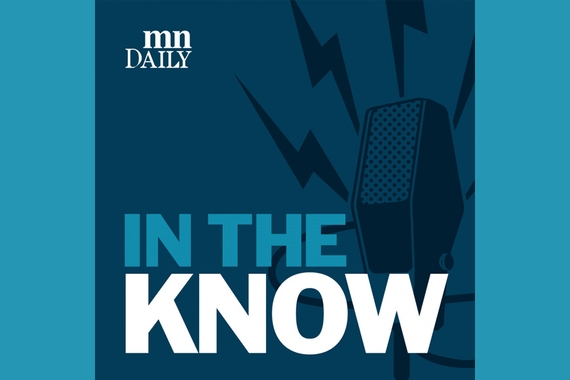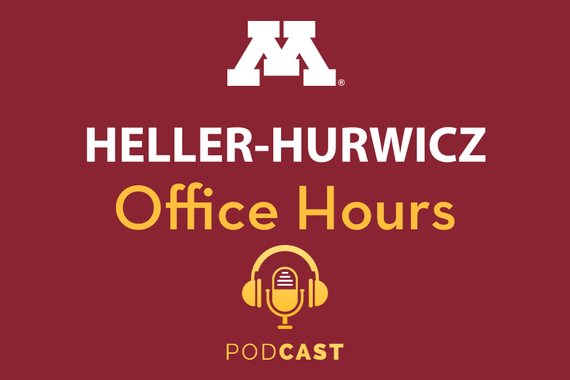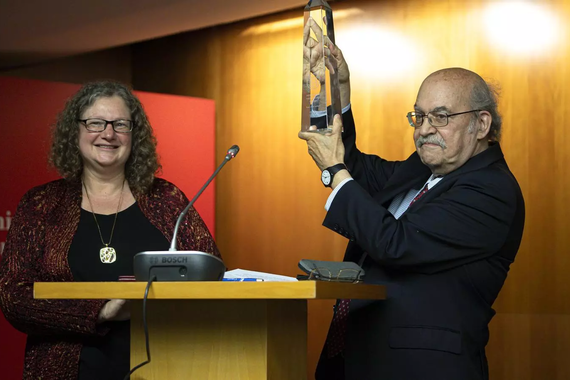Undergraduate Spotlight: Ella Curiel on Economics and Advocacy
By the time Ella Curiel enrolled at the University of Minnesota as a PSEO student in 2020, she already knew that a career in advocacy lay waiting for her. Ella is direct, thoughtful, and organized, with a down-to-earth and business-like approach to her career goals. Although she began as a Political Science major, Ella switched to Economics in spring 2022 because she “wanted to have the numbers to back up positive social change.”
“PoliSci was too abstract for me,” said Curiel. “I’ve always loved math, and methodologies for quantifying a qualitative world have always interested me.”
In the study of economics, money, time, stress, health, and more can all be quantified as variables in a regression or economic study, allowing for the assessment of qualitative data through a quantitative lens. For Curiel, this framework offers useful tools in advocacy and policy.
“There’s always going to be disagreements about policy,” she said, “and while you can’t force people to care about other people, you can run the numbers. Money has the power to get people to listen, and math is a universal language.”
“There’s always going to be disagreements about policy, and while you can’t force people to care about other people, you can run the numbers. Money has the power to get people to listen, and math is a universal language.”
Ella Curiel, Economics Major
Beyond her education and coursework, the extra curricular opportunities offered by the department has propelled her career ambitions. From serving on the Economics Undergraduate Student Board (EUSB), to working as a peer advisor, and participating in the Women in Economics (WIE) program and Washington DC Career Exploration trip, Curiel has taken full advantage of the opportunities offered to her.
“Being in a male dominated field has challenges due to a lack of representation, and different expectations depending on your gender,” she said, “but this programming has empowered me to be more confident in my own knowledge and career path.”
When asked what she would tell a high school student considering a degree in economics from the University of Minnesota, she said: “The coursework isn’t easy, but the extra work pays off. This program is good for students who want a better understanding of the world and desire an intellectual challenge.”
Of all the things Curiel loves about Minnesota Economics, her “favorite parts of the program come from the advising team.”
“I really have to hand it to the advising staff,” she said. “If you show that you care about your education, they will go above and beyond for you in a way that is hard to find at other large research universities. They’re the reason we have Women in Economics and the DC trip.”
After graduation in the spring, Curiel hopes to enter the workforce for a while before going on to graduate school: “I’m thinking about law school, or maybe a master of public policy.”


